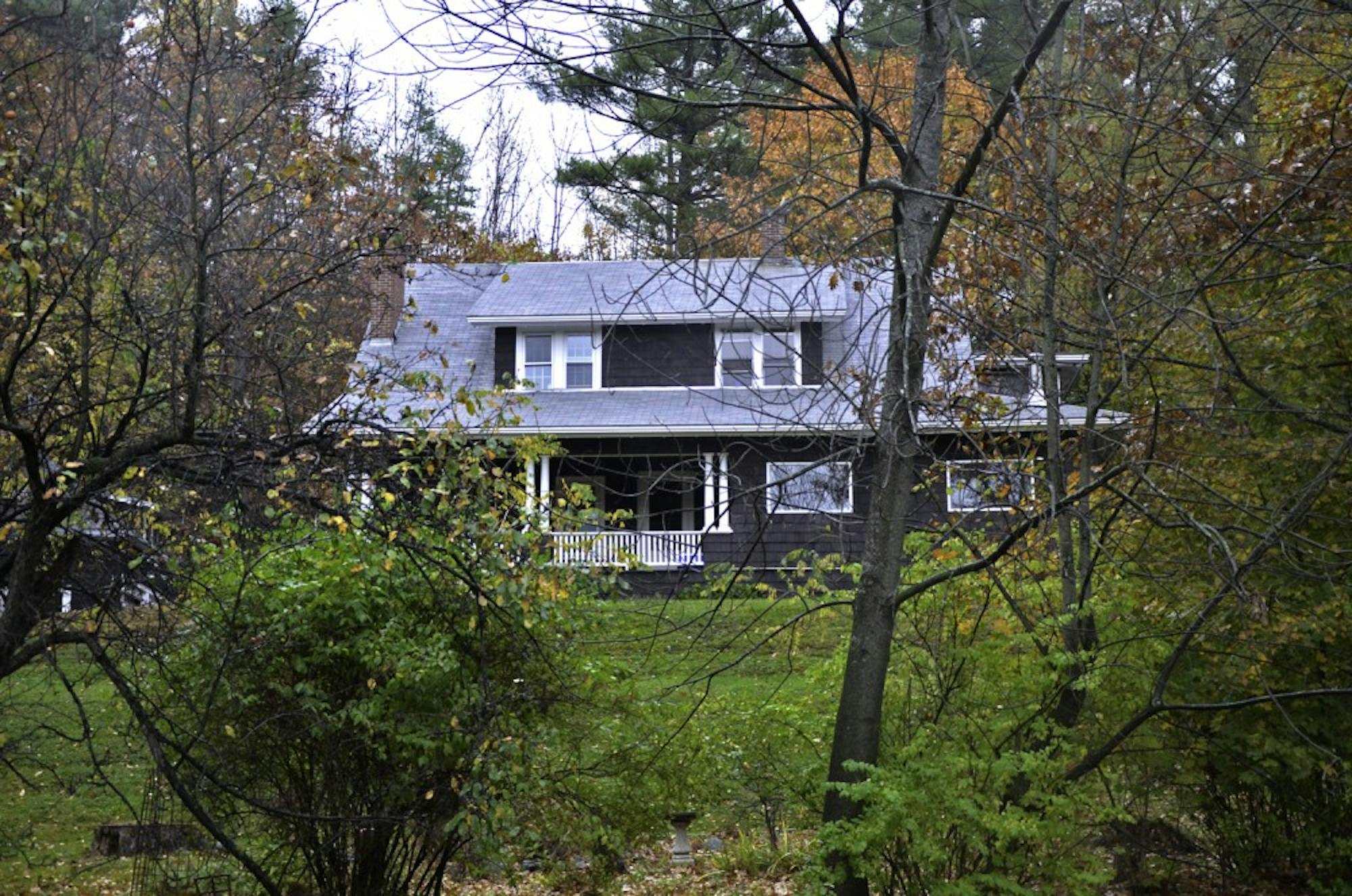In the spring, an anonymous donor gifted local veterans organization Project VetCare with $375,000 to purchase an off-campus house for student veterans. The house was expected to provide a space apart from younger, non-veteran undergraduates, where veterans could foster a sense of community through casual meetings and daily interactions.
Yet the house has seen low student interest since opening this term, with one undergraduate and one graduate student resident, Project VetCare co-founder and chairman Robert Chambers said.
Chambers said undergraduates have not expressed an “overwhelmingly positive” reaction to the house. Few students have visited the space, and graduate students have expressed the most interest.
Several rooms are not yet up to code, and the organization will finish renovations next year, Chambers said, adding that he hopes the space will become a venue for meetings of the Dartmouth Undergraduate Veteran Association and Dartmouth Graduate Veteran Association. Project VetCare, a non-profit founded in 2012 to aid Upper Valley veterans, is working on acquiring gym equipment and pong tables for the house.
“I’m hoping that once they have seen the space that they may know that, ‘Hey, we can have this as an option,’” Chambers said. “They may not want to live there, but we have made the space available.”
Initially, Project VetCare planned to offer rooms to all local veterans, though students would receive preference, Chambers said. The donor, however, stipulated that the house be for Dartmouth veteran students — “which initially we didn’t particularly like, but we listened,” Chambers said.
Rent runs from $750 for smaller rooms to $800 for larger ones, Chambers said, and the money contributes to an emergency fund for local veterans seeking housing, employment and medical services.
William Peters ’15 said that while on-campus housing may be more expensive than the off-campus house, students are generally willing to pay for proximity to social and academic life.
Off-campus housing will not foster community for veterans, as students tend to stay on campus, David Brooks ’15 said.
Aside from distance, the house, at 80 Lebanon Street, is roughly a half-mile south of the Hanover Co-op, Peters said he did not like the idea of exclusive housing. Veterans are often proud of assimilating into housing with other undergraduates, forming communities that expand their identities beyond the veteran label, Peters said.
Brooks said that as a prospective student, having the option to interact with other communities through affinity housing options attracted him to Dartmouth. Brooks said he heard over Dimensions that any student could cook meals at the Latin American, Latino and Caribbean studies affinity house.
“You don’t have to be Latino to live in the Latino house or black to live in [Cutter Shabazz Hall], but you have to be a veteran to live in the veteran house,” Brooks said.
School would have felt like no more than job, he said, if he lived away from campus and commuted every day.
“I have met so many people and have learned so much about myself that I wouldn’t have if I had that segregated experience of living in a veteran house,” Peters said.
Peters said he believed a dedicated veterans’ lounge in a campus building could accomplish many community-building goals.
He added that his interactions with Project VetCare have been limited.
“Their hearts are in the right spot,” Peters said.
Conversations about veterans’ housing first arose among graduating students several years ago, Peters said. As younger classes settled in to residential life at Dartmouth, demand faded.
Undergraduate dean Kent Yrchik-Shoemaker, who advises DUVA, said that he approached the Office of Residential Life last year to understand options for veterans’ housing, either an affinity house or a living learning community. DUVA members, however, expressed little interest in either option.
Members of the Class of 2019 who are veterans will receive a brochure including information on the house, to raise awareness of the space as a resource, Chambers said.
Brooks and Peters are members of The Dartmouth opinion staff.
This article has been revised to reflect the following correction:
Correction appended (Oct. 24, 2014):
Brooks said that over Dimensions, he heard that any student could cook meals at the Latin American, Latino and Caribbean studies affinity house — not that he has done so often as an undergraduate, as the article initially reported. The article has been changed.




